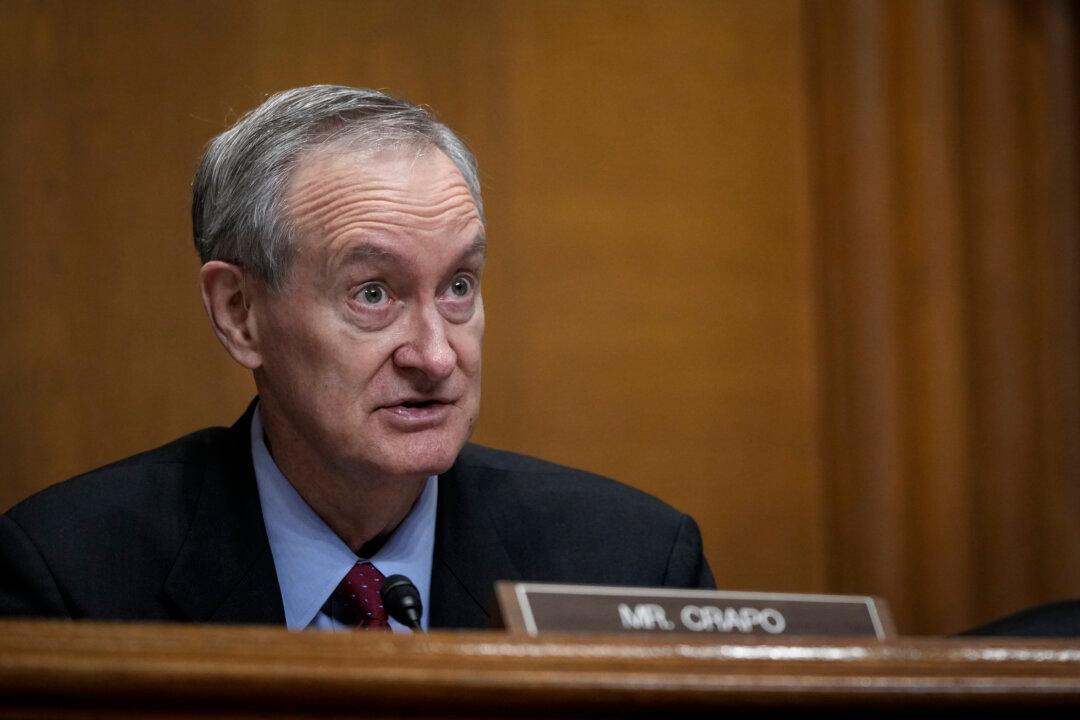Idaho and Nebraska lawmakers have introduced legislation to fend off the Biden administration’s expensive carbon-emission restrictions on gasoline-powered cars beginning in 2027.
Sens. Mike Crapo (R-Idaho) and Pete Rickett’s (R-Ricketts) Choice in Automobile Retail Sales (CARS) Act was proposed to counter “radical environmental agenda and executive overreach.”





